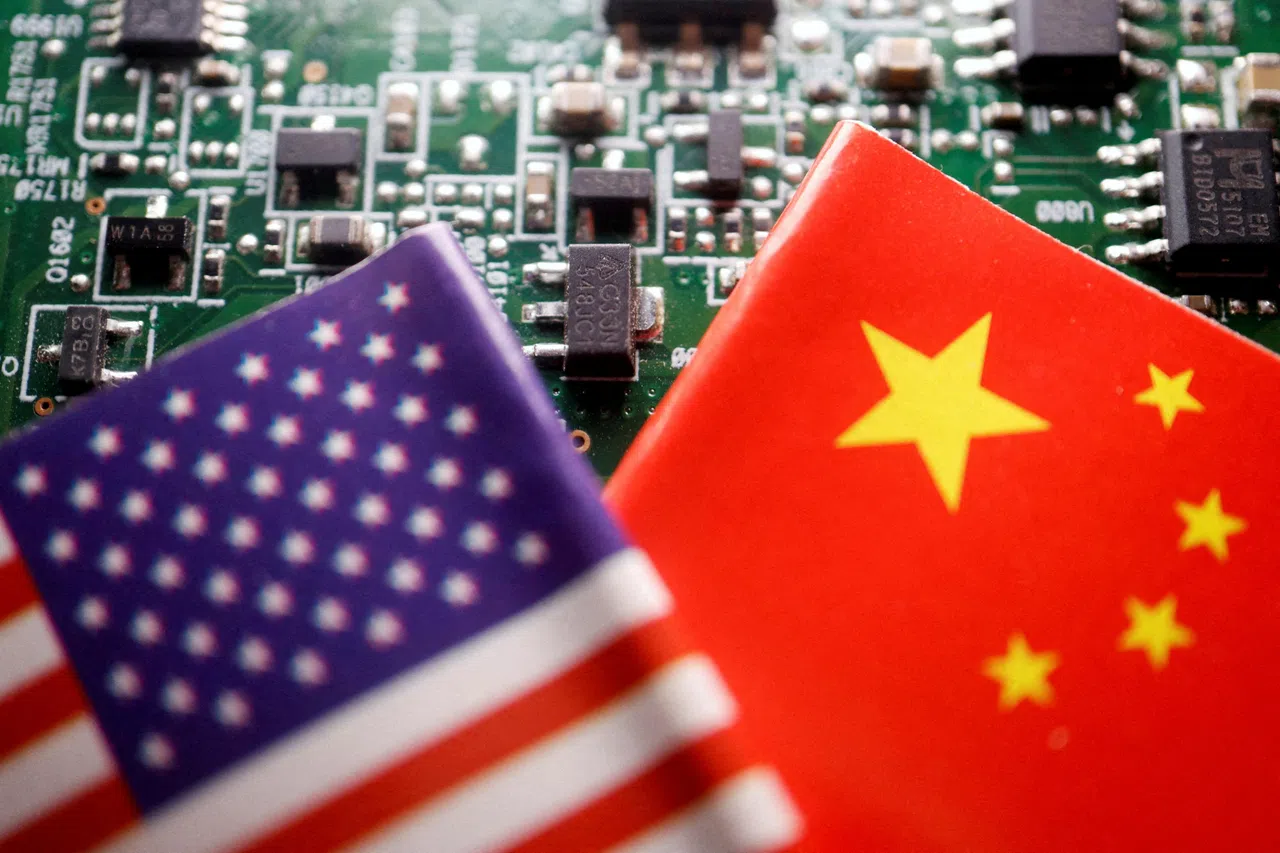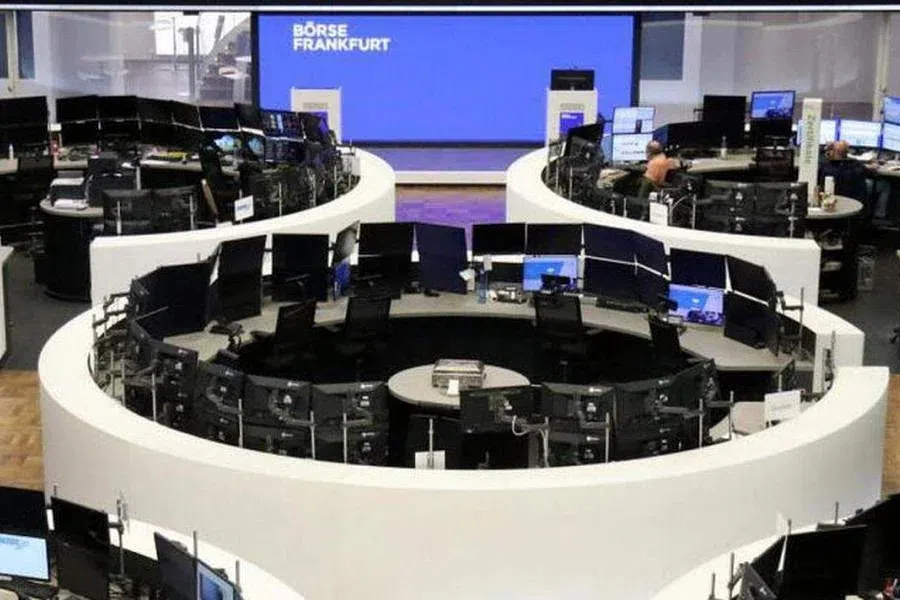A SENIOR American official is set to visit Japan and the Netherlands to ask the two countries to add fresh restrictions on China’s semiconductor sector, including on its ability to make the high-end memory chips needed for artificial intelligence (AI).
US Under Secretary of Commerce for Industry and Security Alan Estevez will press his counterparts in Tokyo and The Hague to put more limits on the activities in China of Dutch supplier ASML Holding and Japan’s Tokyo Electron, according to sources familiar with the matter. Estevez’s requests, part of an ongoing dialogue with allies, will highlight Chinese chip factories developing so-called high-bandwidth memory (HBM) chips, said the sources, asking not to be identified because the discussions are private.
ASML and Tokyo Electron machines are used to produce dynamic random access memory dies, which are stacked together to make HBM chips. Chinese companies working on HBM chips include Wuhan Xinxin Semiconductor Manufacturing, a subsidiary of China’s leading memory chipmaker Yangtze Memory Technologies, according to China’s corporate data provider Qichacha. Huawei Technologies and ChangXin Memory Technologies are also reportedly developing HBM.
The Biden administration has tried for years to limit China’s ability to buy and produce advanced semiconductors, arguing such steps are necessary for national security. Yet results have been mixed, with Huawei and others making significant advances. The US is seeking support from allies, who have implemented their own less stringent controls, to create a more effective global blockade.
“The United States is the most critical player in the global semiconductor equipment industry, but it’s far from the only country that matters. Japan and the Netherlands are also key providers of semiconductor equipment,” said Gregory Allen, director of the Wadhwani Center for AI and Advanced Technologies at the Center for Strategic and International Studies. “The Netherlands and Japan have restrictions on exports but not on servicing, and that’s a critical limitation in the overall technology controls architecture.”
Estevez is expected to repeat a standing US request for the two countries to tighten restrictions on ASML and Tokyo Electron’s ability to maintain and repair their other advanced equipment in China as well, the sources said. The US has already imposed such restrictions on American rivals, such as Applied Materials and Lam Research.
GET BT IN YOUR INBOX DAILY
Start and end each day with the latest news stories and analyses delivered straight to your inbox.
The US delegation’s visit to the Netherlands is expected to take place after the new Dutch Cabinet is sworn in the first week of July. Reinette Klever of far-right lawmaker Geert Wilders’ Freedom Party is set to become the minister for foreign trade and development aid, a role that typically oversees the country’s export control policies.
The Dutch and Japanese governments have been resisting the US pressure, sources familiar with the matter said earlier. The two countries want more time to evaluate the impact of current export bans on high-end chip-making equipment and to see the outcome of the US presidential election in November.
It is uncertain how the new Dutch government led by Wilders will react to US demands for additional measures. Klever is co-founder of a far-right TV channel Ongehoord Nederland, which stirred controversy for its pro-Russian reporting and climate change scepticism. The outgoing Foreign Trade Minister Liesje Schreinemacher paid a farewell visit to the US last week to lobby for the interests of ASML. Dutch King Willem-Alexander joined Schreinemacher in a meeting with New York Governor Kathy Hochul.
A representative of the US Commerce Department’s Bureau of Industry and Security declined to comment. A spokesperson for the Dutch foreign trade ministry declined to comment. Japan’s Ministry of Economy, Trade and Industry did not respond to requests for comment.
HBM chips are an indispensable part of the AI hardware ecosystem because they speed up access to memory, helping AI development. AI accelerators, made by Nvidia and Advanced Micro Devices, need to be bundled with HBM chips for them to work. US officials are having early-stage conversations about restricting the export of HBM chips, Bloomberg has reported.
SK Hynix is the leading producer of HBM chips, with Samsung Electronics and US-based Micron Technology pressing to catch up. SK Hynix relies on equipment from ASML and Tokyo Electron, according to Bloomberg’s supply chain data.
Korean equipment makers including Hanmi Semiconductor and Hanwha Precision Machinery also play a critical role in the HBM supply chain. Earlier this year, Washington asked Seoul to restrict the flow of equipment and technologies for making high-end logic and memory chips to China, Bloomberg News has reported.
Chinese companies can no longer buy the most advanced AI chips from Nvidia, but Huawei is developing its own AI accelerators, called Ascend. It is unclear which company or companies are providing advanced memory chips to Huawei. SK Hynix, Samsung and Micron all stopped supplying Huawei with chips after the US tightened sanctions against the Chinese company in 2020.
Washington officials have also grown worried about China’s own progress in chipmaking equipment. Lawmakers on Tuesday (Jun 18) introduced a bipartisan bill to ban companies that receive US funding for chip factories from purchasing Chinese tools for those facilities. BLOOMBERG



